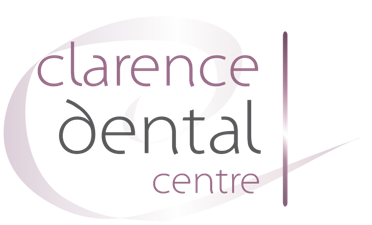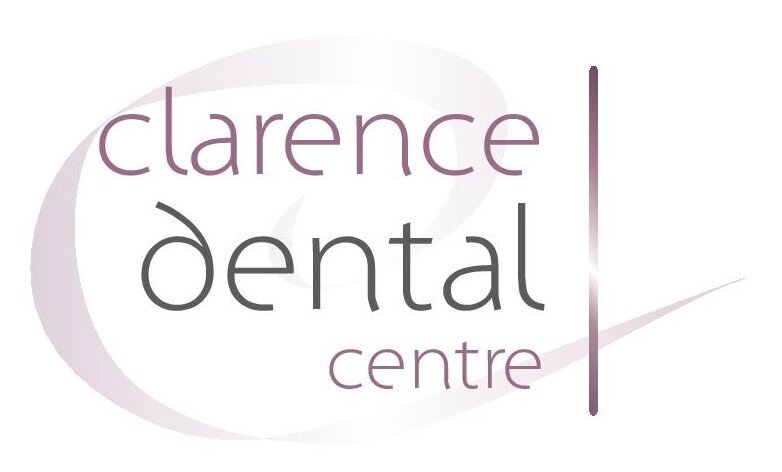Should I See A Dentist?
The reasons we see a dentist might seem pretty obvious – a general check up and clean, a cavity or perhaps a toothache. But there are some less distinct instances where the dentist may be the person you need to see for advice and treatment. As always, if in doubt, head to your GP!
Persistent headaches
A common symptom of habitual night time tooth grinding is persistent headaches, often upon waking in the morning. Most of us grind our teeth while we sleep to some extent, however for some, this nocturnal stress reliever can become chronic and problematic, leading to muscle pain when opening wide and chewing, headaches and cracked teeth. If you find yourself affected by such symptoms, your dentist may suggest a night guard for you to wear at night to protect your teeth and joints, or may provide a referral to a head and neck physiotherapist after first assessing your symptoms clinically.
Changes to the soft tissue in your mouth
If you notice symptoms such as burning, tingling or a new or changing area on the soft tissue or gums in your mouth, your dentist can assess the issue and provide you with advice on treatment or referral to an oral pathologist. After a thorough oral exam your dentist may find that the problem is related to your diet, trauma to the soft tissue from your toothbrush for example, an indication of a gum disease or it may require referral to an oral pathologist to rule out malignancy.
Bad breath
While short term bad breath such as ‘morning breath’, or that from a delicious garlic laden meal is to be expected, long term or particularly pungent bad breath is not normal and should be investigated. A common cause of persistent bad breath is periodontal or gum disease. Left untreated, this can become serious and lead to tooth loss. A thorough exam of your teeth and gums will enable the dentist to rule out any serious issues, and if any are found, refer you to a periodontist should specialist treatment be required.
These are just a few examples of extra reasons you may see your dentist, in addition to what you might expect. Don’t forget your regular visits with your dentist and GP are ever important and your GP should always be on speed dial for any health related questions or concerns you may have.


